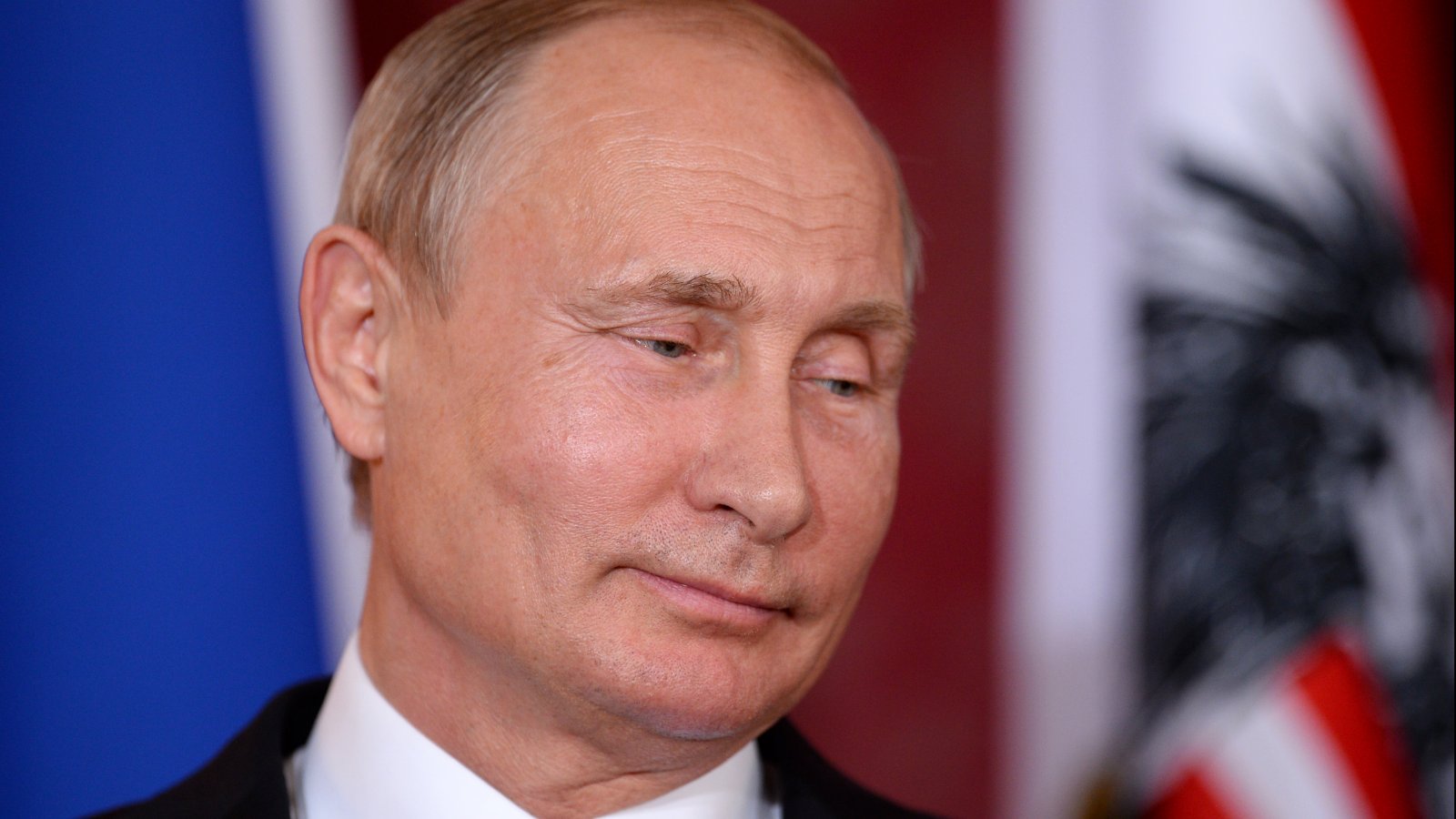
The Republican-only congressional delegation that traveled to Russia over July 4th without open media access gave the Kremlin exactly what it needed to paint the United States as weak and conciliatory ahead of Vladimir Putin's summit with President Trump on July 16th.
Russian state media celebrated the fact that the trip was the first time since the annexation of Crimea that US lawmakers visited Moscow. Russian officials also boasted that the Americans had come all the way to Moscow to meet them while they offered few concessions.
The state media outlet Moskovsky Komsomolets noted the meetings "were surrounded by a veil of secrecy — journalists were allowed to observe only welcoming words and afterwords, briefly and devoid of specifics."
The murky details — or lack thereof — allowed Russia to tout its own talking points. That goal was likely bolstered by delegation leader Sen. Richard Shelby of Alabama, who struck a conciliatory tone toward Russia during the trip.
Shelby said this week that while Russia and the US are competitors, "we don't necessarily need to be adversaries."
"I'm not here today to accuse Russia of this or that or so forth," Shelby told Vyacheslav Volodin, the speaker of the State Duma, Russia's lower house of parliament. "I'm saying that we should all strive for a better relationship."
While congressional delegation members claimed they addressed the issue of Russia's election meddling and delivered strong warnings, Russian officials tell a different story.
NPR reported that US lawmakers said they brought up Russia's election meddling in every meeting they held with the Russians.
But Russian officials presented a different overview.
Vyacheslav Nikonov, another member of the Duma who has met with US lawmakers before, told the Post that this meeting "was one of the easiest ones in my life." He added that the question of Russia's election interference was resolved quickly because it "was raised in general form."
"One shouldn't interfere in elections — well, we don't interfere," Nikonov said.
(...)
Andrei Klimov, the deputy chairman of the International Affairs Committee in the upper house of parliament, also told Moskovsky Komsomolets that US lawmakers didn't raise the topic of Crimea during their meetings.
Klimov's comment also came after Trump, in a stunning break from longstanding US policy, indicated that he is open to recognizing Russia's annexation of Crimea.
Full story: Russia is seizing on a GOP trip to Moscow to carefully craft its narrative ahead of the Trump-Putin summit (Business Insider)